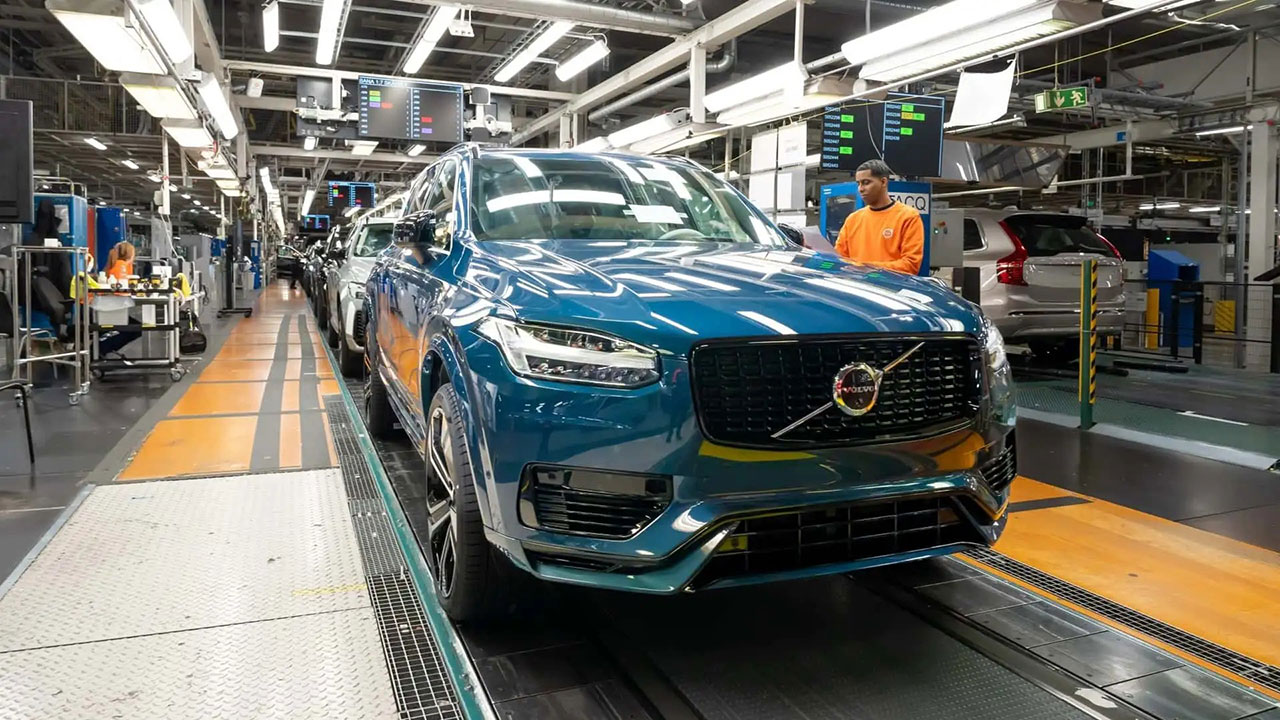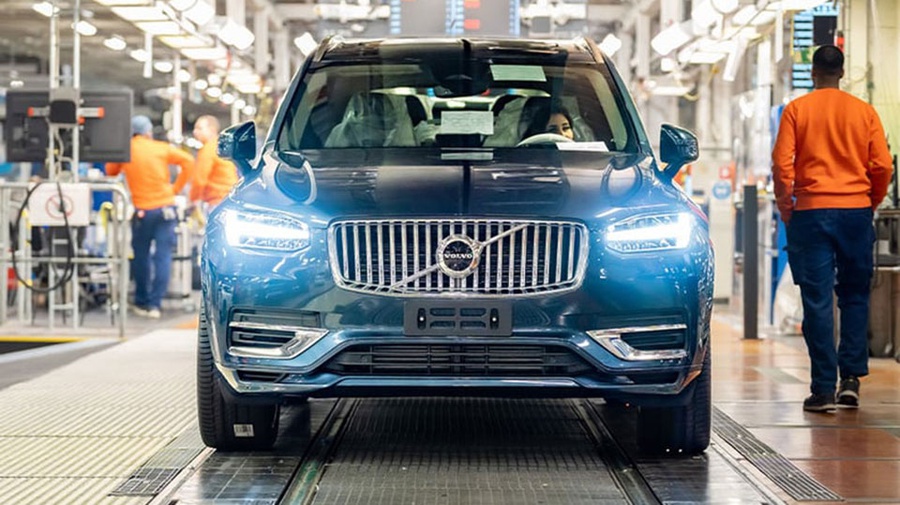This Volvo XC90, assembled at Volvo Cars' plant in Torsland, is the brand's last diesel car. The blue crossover will not go to the customer, as it will be sent straight to the World of Volvo museum in Gothenburg.
Volvo has been producing diesel passenger cars since 1979. However, statistics on the number of diesel cars have only been kept since 1991. Since then, more than nine million diesel-powered vehicles have been produced. Including the missing 12 years, there are many more.
The 244 GL D6 was the first model to receive a diesel engine. However, at that time Volvo did not have a suitable engine of its own design, so the supercharged six-cylinder power unit had to be borrowed from Audi. Volvo did not introduce its own five-cylinder diesel engine until 2001. It was manufactured at a plant in Shevda, Sweden.
In 2017, Volvo announced plans to stop developing new diesel engines. Last month, the last car with a diesel engine (Volvo V60) was built in Ghent, Belgium. The diesel engine has now completely disappeared from the model range.
The next step is to stop producing cars with internal combustion engines altogether. Despite the trend of softening car electrification plans among premium brands such as Mercedes-Benz, Volvo is sticking to its promise to become an all-electric brand by the end of this decade.
Source: Volvo


